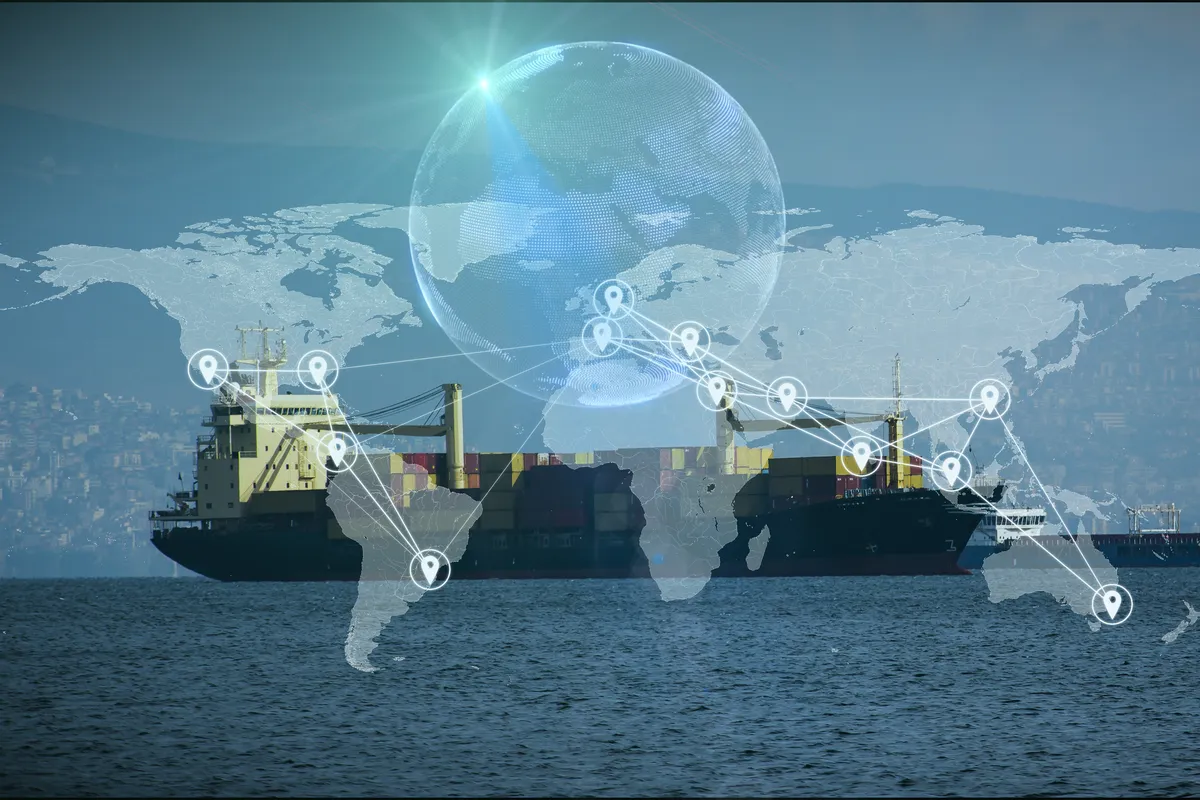Transport Canada has issued Ship Safety Bulletin No. 18/2024 regarding the oil price cap compliance and enforcement.
The bulletin was issued on 21 June 2024.
Scope: This bulletin is directed at individuals and entities engaged in the trade of Russian oil and oil products.
Purpose:
- To provide clarity on the conditions of the oil price cap imposed by the Price Cap Coalition.
- To offer guidance on how to identify and address vessels that may be evading or breaching the oil price cap.
Background:
- The oil price cap was introduced in December 2022 by the Price Cap Coalition, which includes the G7 countries, the European Union, Australia, and New Zealand. It was later extended to cover petroleum products in February 2023.
- The primary objectives of the price cap are:
- To limit Russian revenue that could be used to fund Russia’s military actions in Ukraine.
- To maintain the flow of global oil supplies.
- To protect global energy security.
Affected Services:
- The oil price cap impacts various services including:
- Trading/Commodities Brokering: Engaging in the buying and selling of oil.
- Financing: Providing financial services for oil transactions.
- Shipping: Transporting oil by sea.
- Insurance: Covering risks associated with oil transport.
- Flagging: Registering vessels under certain flags.
- Customs Brokering: Handling customs procedures for oil shipments.
Common Evasion Methods and Identification Strategies:
- Falsified Documents and Statements:
- Description: Use of false documentation to conceal the actual price paid for Russian oil and to obscure details about a vessel’s origin, cargo, destination, and legitimacy.
- Identification:
- Scrutinize documents for inconsistencies or incomplete information.
- Verify details with known or publicly available information.
- Refuse service and report if evidence suggests the price exceeds the cap.
- Obtain a statement from partners for each load of Russian oil and share itemized cost lists if requested.
- Opaque Shipping Costs:
- Description: Manipulating shipping costs to hide the true price of oil.
- Identification:
- Examine shipping cost details for irregularities.
- Obtain and verify statements from partners regarding oil pricing.
- Ensure that itemized cost lists are available and accurate.
- Complex Supply Chains and Shell Companies:
- Description: Using complex ownership structures or shell companies to hide the true owner of a vessel.
- Identification:
- Conduct due diligence on vessels with unclear ownership or frequent administrative changes.
- Watch for vessels with irregular or opaque corporate structures.
- Flagging Issues:
- Description:
- False Flag: A vessel uses a flag from a country it is not registered with.
- Flag Hopping: Changing flags frequently to obscure a vessel’s origin.
- Identification:
- Monitor for vessels using suspicious flags or undergoing frequent flag changes.
- Inform registrants and vessel owners of the risk of registration revocation for misleading conduct.
- Share information with other flag registries and consult resources like the International Chamber of Shipping Flag State Performance Table.
- Shadow Fleet:
- Description: Older vessels with anonymous ownership and complex structures used to disguise shipping practices. Often lack legitimate insurance.
- Identification:
- Investigate vessels that fit the shadow fleet profile or lack legitimate insurance.
- Ensure vessels have continuous and appropriate maritime insurance from credible providers.
- Consult the International Maritime Organization resolution and ensure vessels meet classification standards.
- Voyage Irregularities:
- Description: Disguising the final destination, origin, or recipients of cargo by using indirect routes, unscheduled detours, or transshipment through third countries.
- Identification:
- Monitor vessels for unusual or unexplained gaps in Automatic Identification System (AIS) data.
- Watch for ship-to-ship transfers that lack proper documentation, especially if conducted at night or in known high-risk areas.
- Investigate routes and destinations that deviate from normal practices and scrutinize any unexplained detours or irregularities.
Reporting Violations:
- If you suspect that a vessel is violating the price cap, report it to the RCMP at sanctions@rcmp-grc.gc.ca.
Oil price cap (OPC) compliance and enforcement

Sign up for our newsletter
It's free. No spam. Cancel anytime.










Related News
India issues investigation report on safety lapses aboard M.T. Patriot
Jan 24, 2025
Gibraltar issues guidance on prohibition of heavy fuel oil in Arctic waters
Jan 24, 2025
USCG safety alert: Hot work and lockout/tagout compliance
Jan 23, 2025